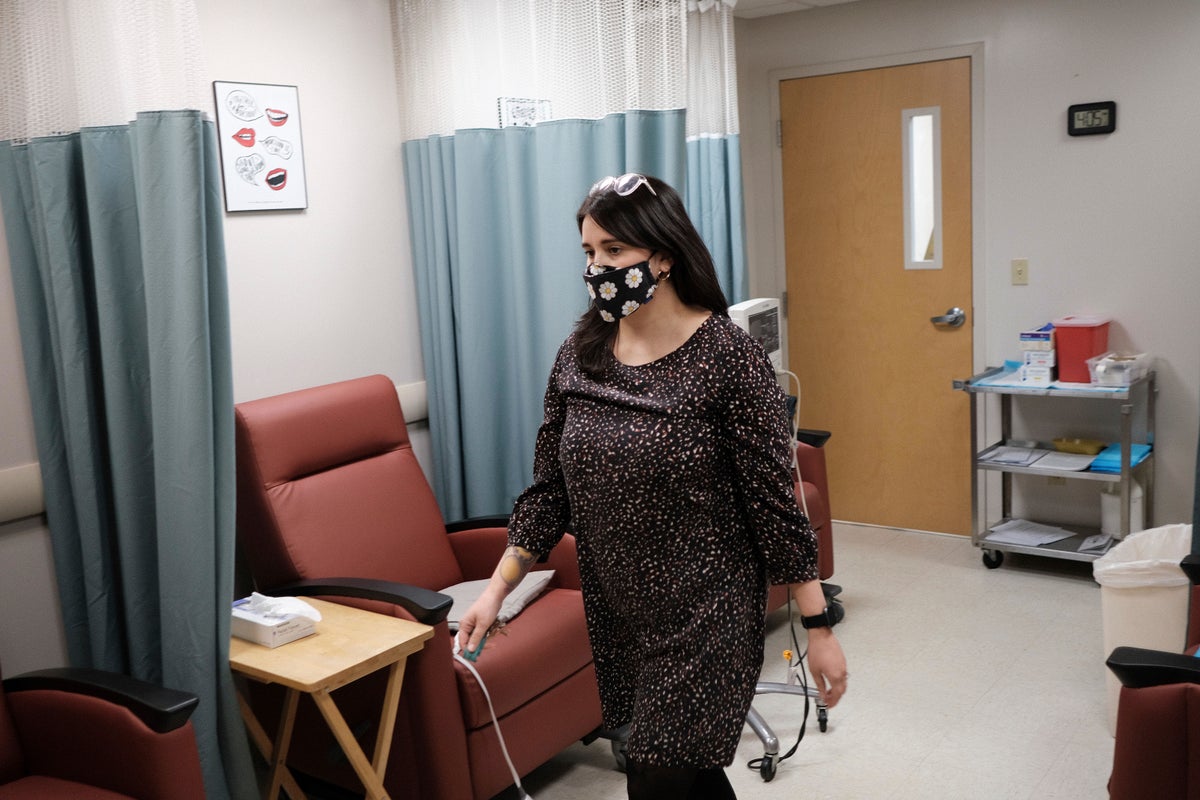
EDITORS/NEWS DIRECTORS:
Hundreds of so-called crisis pregnancy centers are located across every state in the U.S., where they’ve benefited for years from the support of wealthy conservative donors, state lawmakers and religious institutions.
Now that the Supreme Court has ruled that states can make abortion illegal, experts say these centers are likely to redouble their efforts to persuade women not to end their pregnancies even as these facilities have been accused repeatedly of deceiving women about their true purpose.
Nationally, crisis pregnancy centers outnumber abortion clinics 3-to-1, but in some Republican-led states, that number can be much higher.
Here are some background details and potential questions you can use in reporting on abortion in your state:
LOCALIZATION TIPS
— Reach out to crisis pregnancy centers and abortion clinics to learn more about their footprint in your state. Pregnancy centers often are located directly next to abortion clinics, but they are also found close to college campuses. A map of crisis pregnancy centers, last updated in 2021, can be found here: https://crisispregnancycentermap.com/
— Talk to women who have visited crisis pregnancy centers to get a sense what information and services they received, if they were happy with the experience, and how they found the center. Try to find these women from both sides of the issue by reaching out to the centers, other anti-abortion groups, abortion clinics and reproductive rights activists.
— In states that funnel tax money to crisis pregnancy centers, ask lawmakers on both sides if those programs — often called Alternatives to Abortion — will continue and if they’ll propose any future legislation to expand or halt such initiatives.
— In states with abortion bans set to take effect after the Supreme Court ruling, ask pregnancy centers if they’re changing their operations or messaging.
— Ask crisis pregnancy centers and law enforcement agencies if they experienced any increase in violence in light of the Supreme Court ruling. In states where abortion remains legal, ask if they have experienced or anticipate any harassment or protests.
STYLE TIPS
— Take care in describing positions on the issue: The AP Stylebook recommends using the modifiers anti-abortion or abortion-rights. Don’t use pro-life, pro-choice or pro-abortion unless they are in quotes or proper names. Avoid abortionist, which connotes a person who performs clandestine abortions.
— Be clear that crisis pregnancy centers are not licensed medical facilities and do not provide medical services such as pre- or post-natal care or other health care for uninsured women, unlike clinics that offer abortions — which are subject to strict government regulations and patient privacy laws. Crisis pregnancy centers do sometimes have nurses on staff or as volunteers.
PUBLISHABLE CONTEXT
To help your readers further understand the abortion struggle going on across the country, the following paragraphs can be used:
Nationally, crisis pregnancy centers outnumber abortion clinics more than 3-to-1, but in Republican-led states the numbers can be far higher, according to a 2021 report from The Alliance: State Advocates for Women’s Rights and Gender Equality. Some 2,500 centers are located across the country, while there are fewer than 800 abortion clinics.
Most centers offer pregnancy tests and pregnancy-related counseling. Some also offer limited medical services such as ultrasounds. Because the centers are not licensed health care facilities, they are exempt from certain government regulations, such as minimum staffing levels.
Left-leaning states have shown more willingness to regulate how crisis pregnancy centers advertise their services. Last year Connecticut banned them from using “deceptive advertising” about the services they provide.
Florida, Georgia, Indiana, Louisiana, Minnesota, Missouri, Michigan, North Carolina, North Dakota, Ohio, Oklahoma, Pennsylvania and Texas currently all help fund crisis pregnancy centers.
An Associated Press tally based on state budget figures reveals that nearly $89 million has been allocated to such centers across about a dozen states this fiscal year. A decade ago, the annual funding for the programs hovered around $17 million in about eight states.
Supporters of anti-abortion laws want to reduce the number of women who seek the procedure and discourage them from going to other states. At least 276,000 women terminated their pregnancies outside their home state between 2012 and 2017, according to a 2019 Associated Press analysis of data collected from state reports and the U.S. Centers for Disease Control and Prevention.







